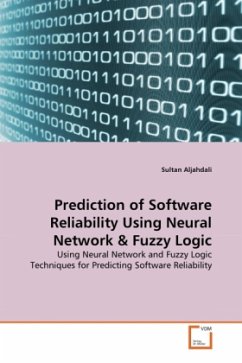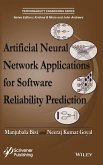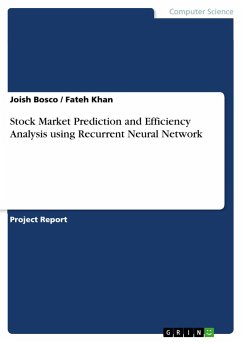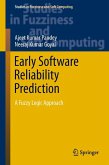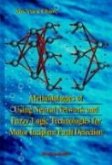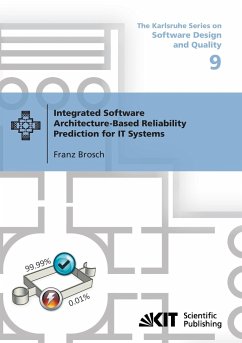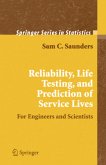Developing a reliable software system, several issues need to be addressed. These issues include the definition of reliable software, reliable development methodologies, testing methods for reliability, and reliability growth prediction modeling. Many software reliability growth models were proposed with the goal to estimate the number of residual software faults, which occur in the software testing process. In this thesis, we explore an alternative approach using two types of neural networks (NN) models, the feedforward and the Radial basis function. We also use of fuzzy rules. NNs have been used both to estimate parameters of a formal model and to learn to emulate the process model itself to predict future faults. Feedforward and Radial basis function have been successfully used to solve a variety of prediction problems, which include real-time control, military, and operating system applications. A set of fuzzy rules were also developed to model the dynamics of the software reliability growth models in various applications. The reported results using neural networks and fuzzy logic can improve the software reliability growth modeling solution.

